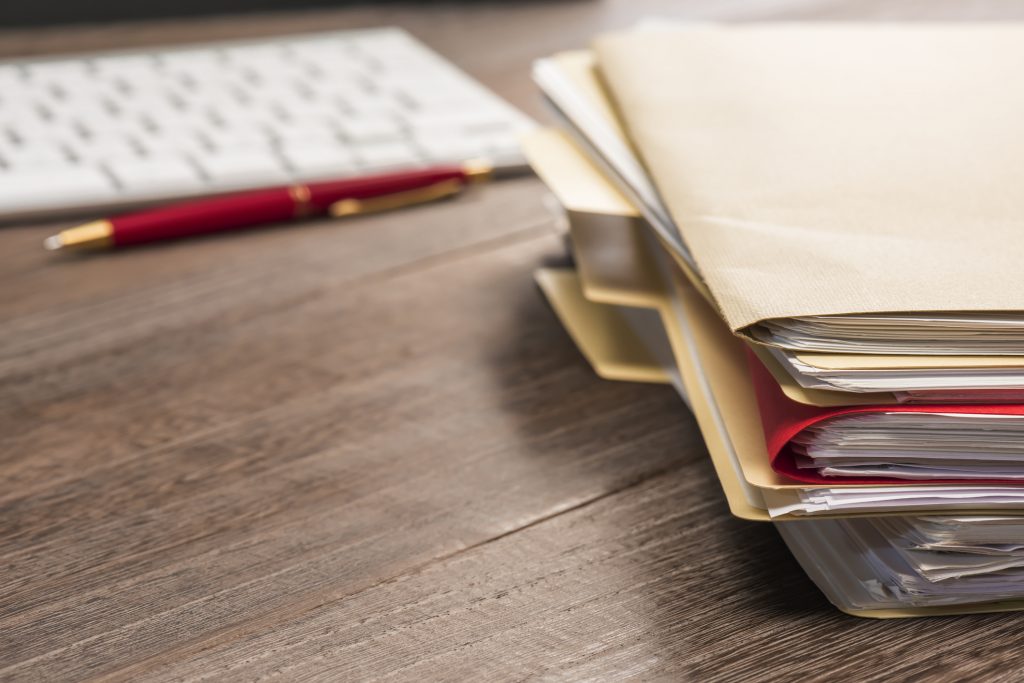
There are two primary goals for any car accident injury plaintiff. First, they must establish that the defendant is liable. Second, they must establish the amount of damages they have suffered due to the crash. The specific pieces of evidence needed to meet both of those goals can vary.
Building a winning injury case starts with developing strong evidence for your claim. This is true not only for cases that ultimately go to trial but also during the process of negotiating a car accident settlement. The more substantial the evidence you have, the better settlement offers you will likely receive.
Establishing proof of liability
Establishing liability is central to every car accident claim. Making a case for it typically requires you to prove that the defendant caused the accident that resulted in your injuries. To recover compensation, you must establish that negligence played a part—which can involve any careless, intentional, or reckless act that brings about a vehicle collision.
Proof of liability often involves evidence that the defendant violated traffic laws or committed some other dangerous act while driving. Vehicle collisions frequently occur due to a driver who is speeding, changing lanes without signaling, or driving erratically.
When your Dallas car accident lawyer reviews your case for the first time, they will investigate any potential liability theories. If they can establish a negligent act that caused your accident, you could recover compensation for your injuries. Some examples of evidence that could prove liability include:
- Traffic violation convictions. If the other driver received a ticket at the accident scene, you could use their conviction as evidence of negligence.
- Witness statements. Any independent witnesses who watched the accident could testify as to what happened. These witnesses often carry substantial weight with the jury since they are impartial.
- Traffic camera video. Video recovered from traffic cameras, or even nearby businesses might be able to show the jury exactly how the accident occurred.
- Admissions. Sometimes, the other driver will admit to fault– to you or the police that respond to the scene.
Establishing your damages
Establishing your damages requires a different set of evidence. For the most part, this will encompass the physical injuries you suffered, the emotional impact of your accident, and the damage done to your vehicle. Some of the evidence used in these claims could include:
- Medical records. Your medical records could be the most crucial piece of evidence when it comes to proving the damages you are owed.
- Expert testimony. You may benefit from testimony from a medical expert at trial. For example, a doctor could review your records and explain to the jury the severity and causes of your injuries.
- Vehicle repair invoices. If you are pursuing compensation for your property damage, evidence of the cost of repairing your vehicle could be useful at trial. This could include invoices, paid receipts, or other documentary evidence.
Contact our team of Dallas Car Accident Lawyers
One of the benefits of working with a Dallas personal injury lawyer is that you can let your legal counsel focus on developing the evidence needed to prove your case. Our team at Crowe Arnold & Majors, LLP is prepared to aid you by building the strongest injury claim possible. To get started, schedule a free consultation today.





